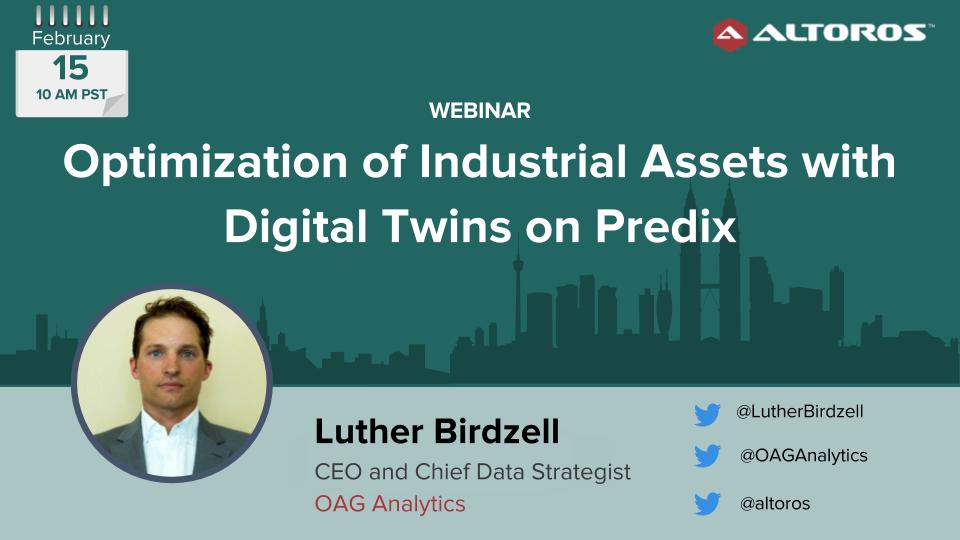.
In this session we will explore a system that can access hidden signals from the full spectrum of upstream data from oil & gas sector through the use of Digital Twins of oil and gas wells on Predix from GE.
Overview:
Combining specialized software with advanced machine learning and domain expertise—i.e., Data Science—can accelerate optimizing high-cost industrial assets. However, the application of advanced analysis techniques to high-consequence industrial decisions is notably different than in most consumer domains like search, social media, and retail. This webinar will explore value creation in the upstream oil and gas sector through the use of Digital Twins of oil and gas wells on Predix from GE. We will use multiple examples to illustrate how running simulations on advanced Oilfield Digital Twins can uniquely create insights to optimize capital allocation.
Problem:
Across the globe, oil and gas reservoirs are producing higher volumes of complex data than ever before, rendering legacy analytic techniques and tools ineffectively. Without data-driven insights, firms are effectively beholden to trial and error, a very expensive proposition in industrial sectors like oil and gas.
Each well drilled costs millions of dollars and the energy sector is drilling thousands of wells a year. When waste occurs, it is repeated thousands of times on high-cost wells. When commodity prices were high, optimization was less important, the focus was on maximizing production by drilling as many wells as possible. Now that prices have come down, drilling wells the right way makes the difference between profitability and bankruptcy.
Solution:
Systems that can access hidden signals from the full spectrum of upstream data (geophysical, geological, drilling, completion, location, production, and financial) are enabling unique and highly valuable optimization opportunities if users trust them enough to include in their decision process.
Agenda:
About the Presenter
Luther Birdzell is an engineer, data scientist, and entrepreneur who is passionate about intellectual, machine, and kinesthetic learning. For over 20 years, Luther has been teaching computers how to represent high-cost digital and physical assets. His contributions in this field include an AI-enabled deep cycle lithium battery simulation system; the strategic vision that lead to commercializing tools to replace expensive data center assets with low-cost software during development and testing, which Computer Associates acquired in 2011; and founding OAG Analytics to establish a new analytics standard for core planning functions in the upstream oil and gas industry. Luther holds two electrical engineering degrees from Dartmouth College.
OAG Analytics is transforming core upstream planning functions that enable the oil and gas industry to better predict cash flows, allocate capital more efficiently, and value asset portfolios more accurately. OAG utilizes data science, machine learning, and proprietary software to analyze big data in the upstream oil and gas business. OAG Analytics is a member of the GE Digital ISV Program: press release (https://goo.gl/cHNsgP).
